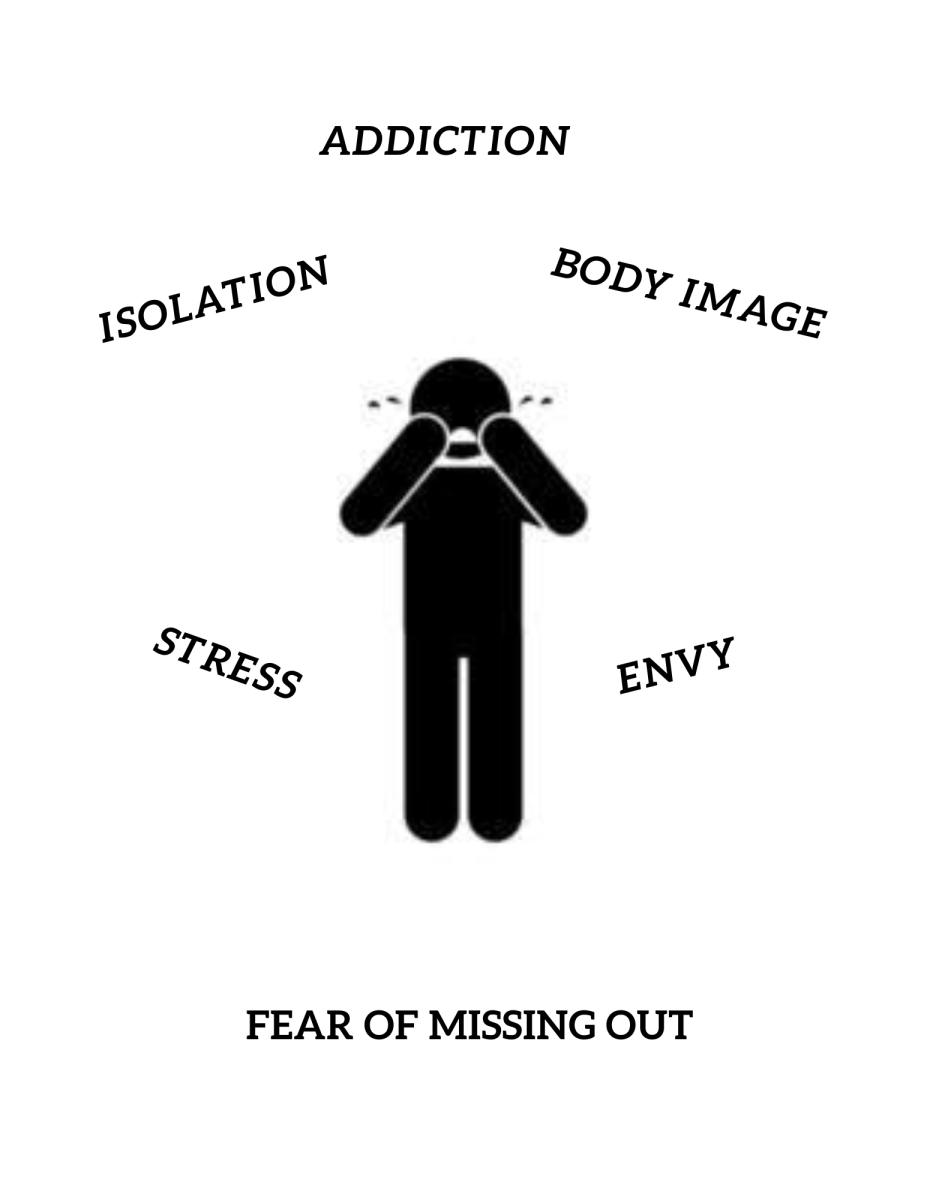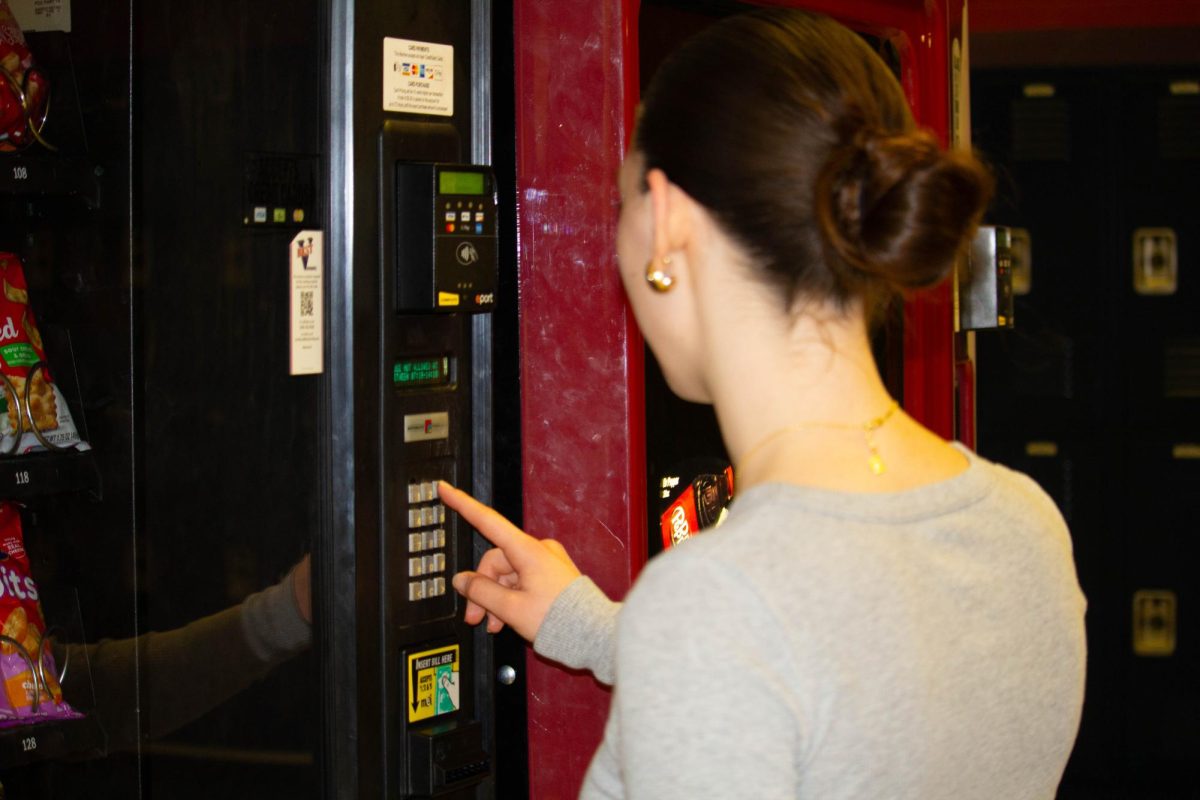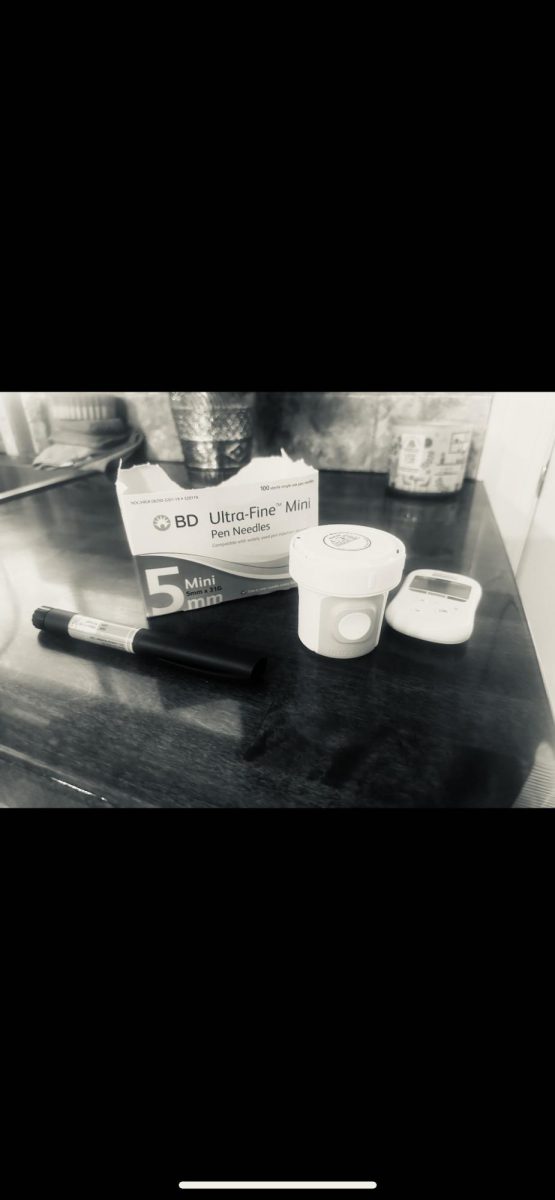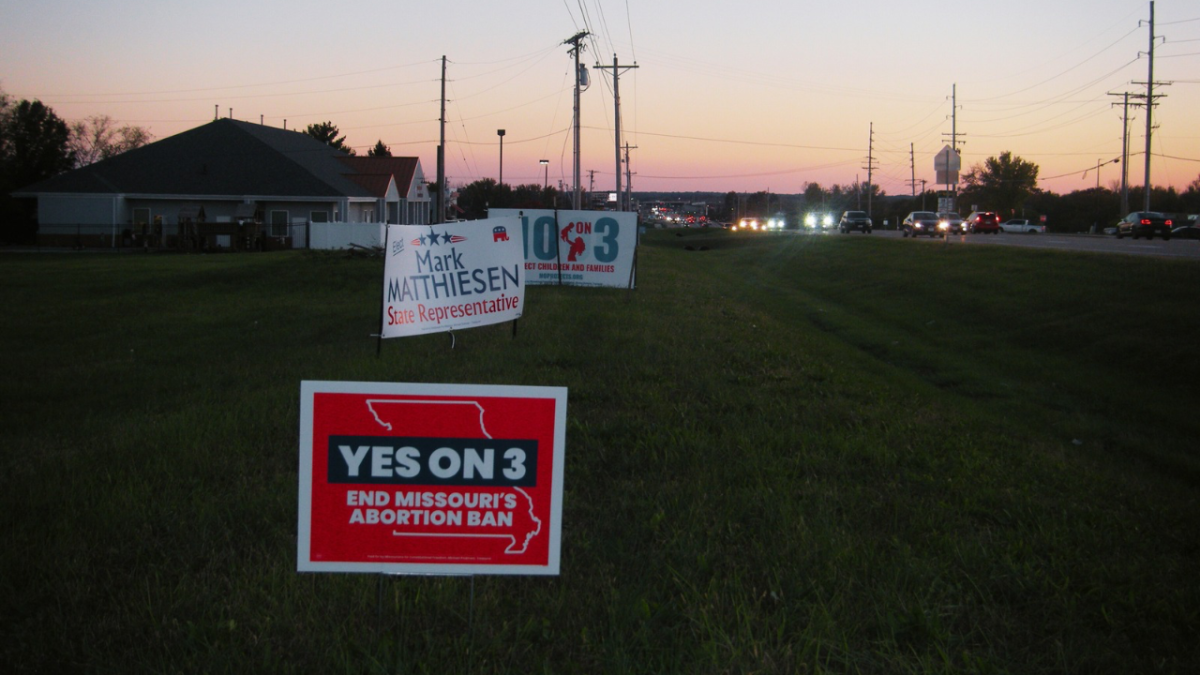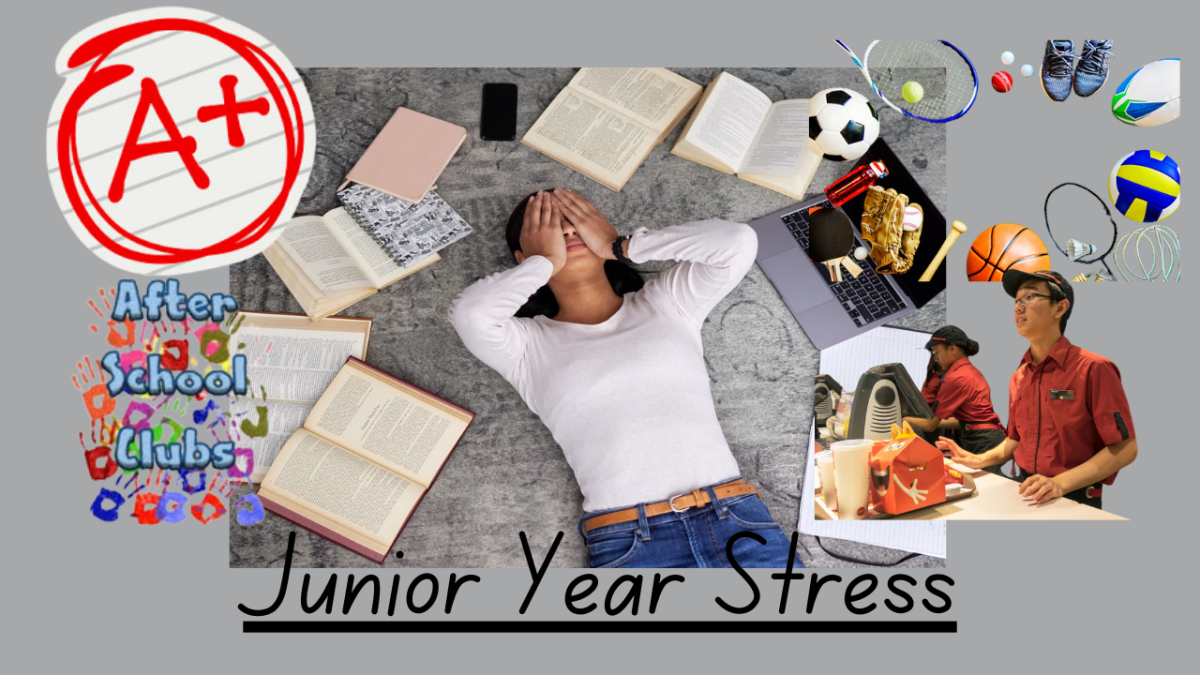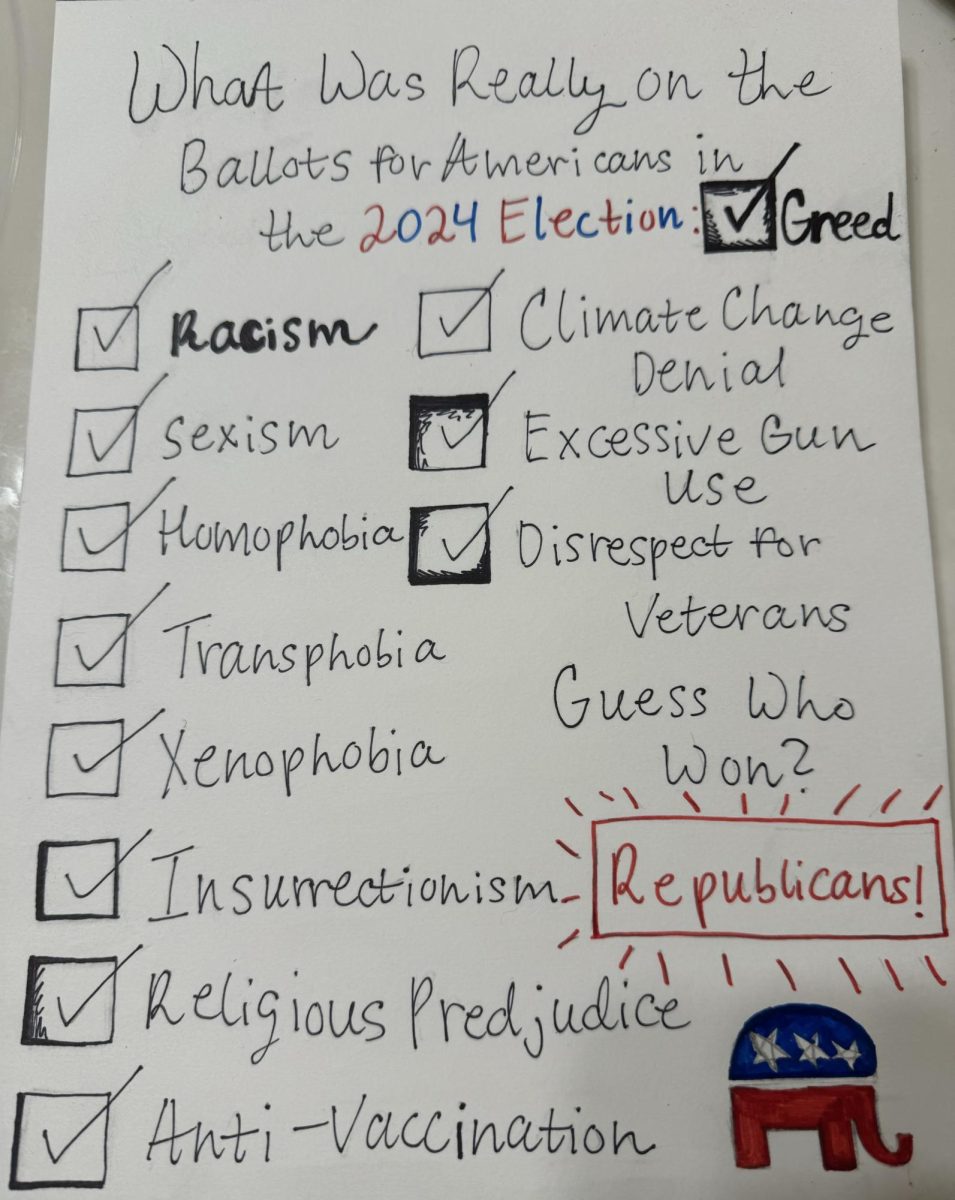Just like every other day I start scrolling on social media, I fall into a dormant, zombie-like state after I get home from school. It’s a matter of minutes before I see something that could potentially upset me. This could be a trend I deemed harmful, people discriminating against certain bodily features, or just blatant hate aimed towards numerous different groups of people. Social media evokes more negative feelings than it does positive.
How Social Media Impacts Behaviour Outside of Itself
Effects will always vary based on how often somebody decides to pick up their phone and mindlessly scroll. While I’ve seen a fair amount of hate groups and rather uncalled for remarks – I can’t control what other people decide to say or post online. These things start to bleed into everyday lives and affect tons of people.
Walking through the halls or just minding my business in class, I hear the most insensitive and especially unhumorous words muttered from someone’s mouth. It was a joke made by an influencer online or some comment somebody left on a viral post. Social platforms tend to brainwash people into thinking it’s okay to discriminate against anyone who doesn’t look and act exactly like they do. Now, most people can’t even do or wear what they want without getting ridiculed.
Addiction to Validation and Praise
Why didn’t my post get as many likes as this one? Do people like what I posted? What if they don’t? The practice of comparing oneself to others can indefinitely result in an endless stream of questioning and self-doubt. Moreover, an individual might also start to obsess over their reputation and how they’re being perceived by others.
For other individuals, a complete lack of feedback is worse than a negative response. It could be said that negative feedback was evidence that the post, and thus the poster, was worthy of any kind of response. This could be seen as validation to some. On the other hand, the lack of response means that no one cares since no one took the time to respond, right? This mindset can potentially lead to distress around the perceived lack of attention.
The Flimsy Ideals of Self Image and Worth
Social media negatively affects lots of people’s self esteem and one of the main leading causes is social comparison. You see a slim girl with a 20-step face care routine, a big house, and millions of followers; you automatically start to think you’ve been doing something wrong. Media nowadays promotes unrealistic ideals based purely off of what you can see on camera. It’s everywhere.
These thoughts can stem from other things you see online as well. Somebody in a better financial position than you? That’s embarrassing. A kid around your age achieving bigger goals than you have in your entire life? You’re not working hard enough. A girl who’s conventionally thin, wishes she could gain weight. The other girl hopes that she can put it off.
These people are called influencers for the wrong reasons. You’re not actually seeing what’s going on outside of the unusual trends and dancing videos. They could be just as self-conscious and insecure as the next person.
Who am I if I’m Not Ill?
Frequently, I see posts online glamorizing mental illness. People think it’s something they wish they had until they see the ugly side of it. The switch between not feeling anything emotionally and then feeling everything all at once, or even not wanting to spend time with friends and family–doing everything in your power to avoid them.
There’s another side to this that a lot of people may not see as well. Finding comfort in your sickness and social media normalizing mental issues. Seeing others experience the same things you’re going through may feel refreshing. I’m not alone? It’s funny and relatable until you really start to think about it. Soon, you find yourself not wanting to get better because you can’t see yourself outside of anything else.



